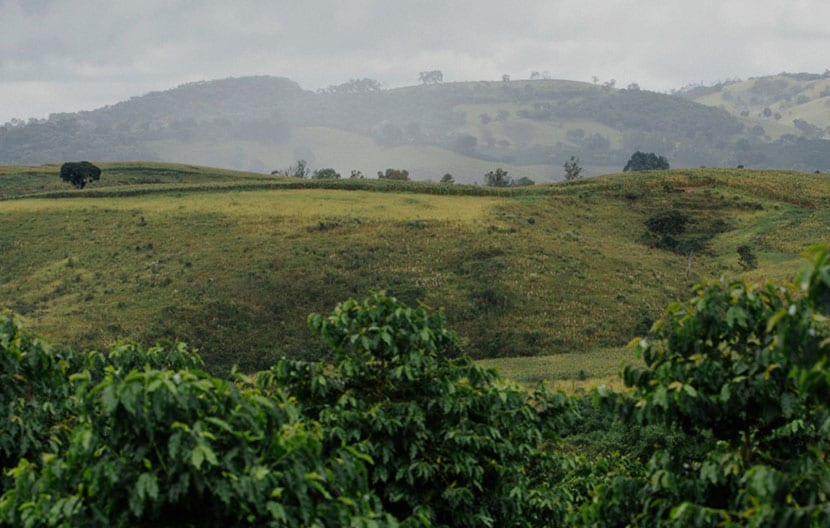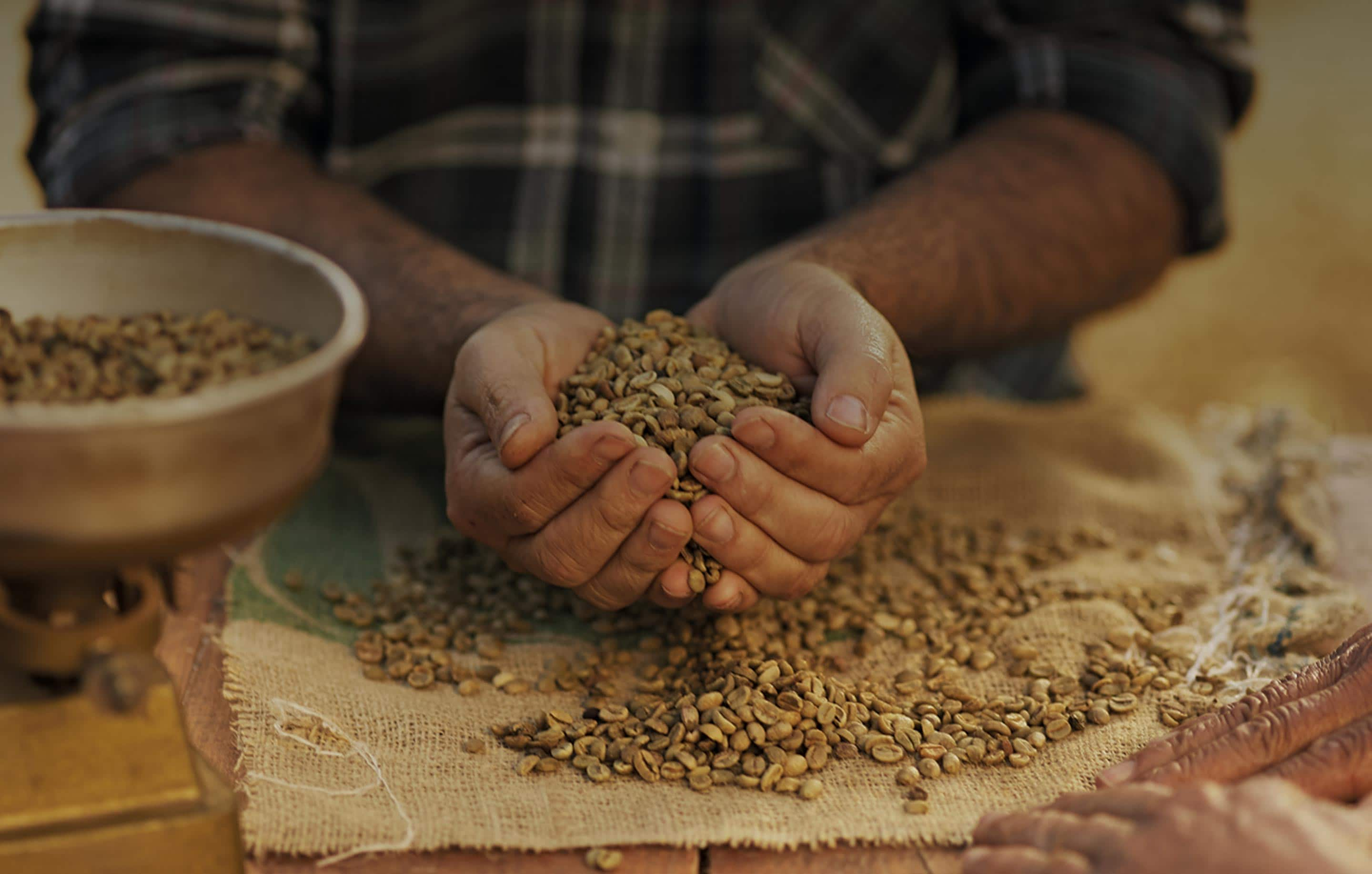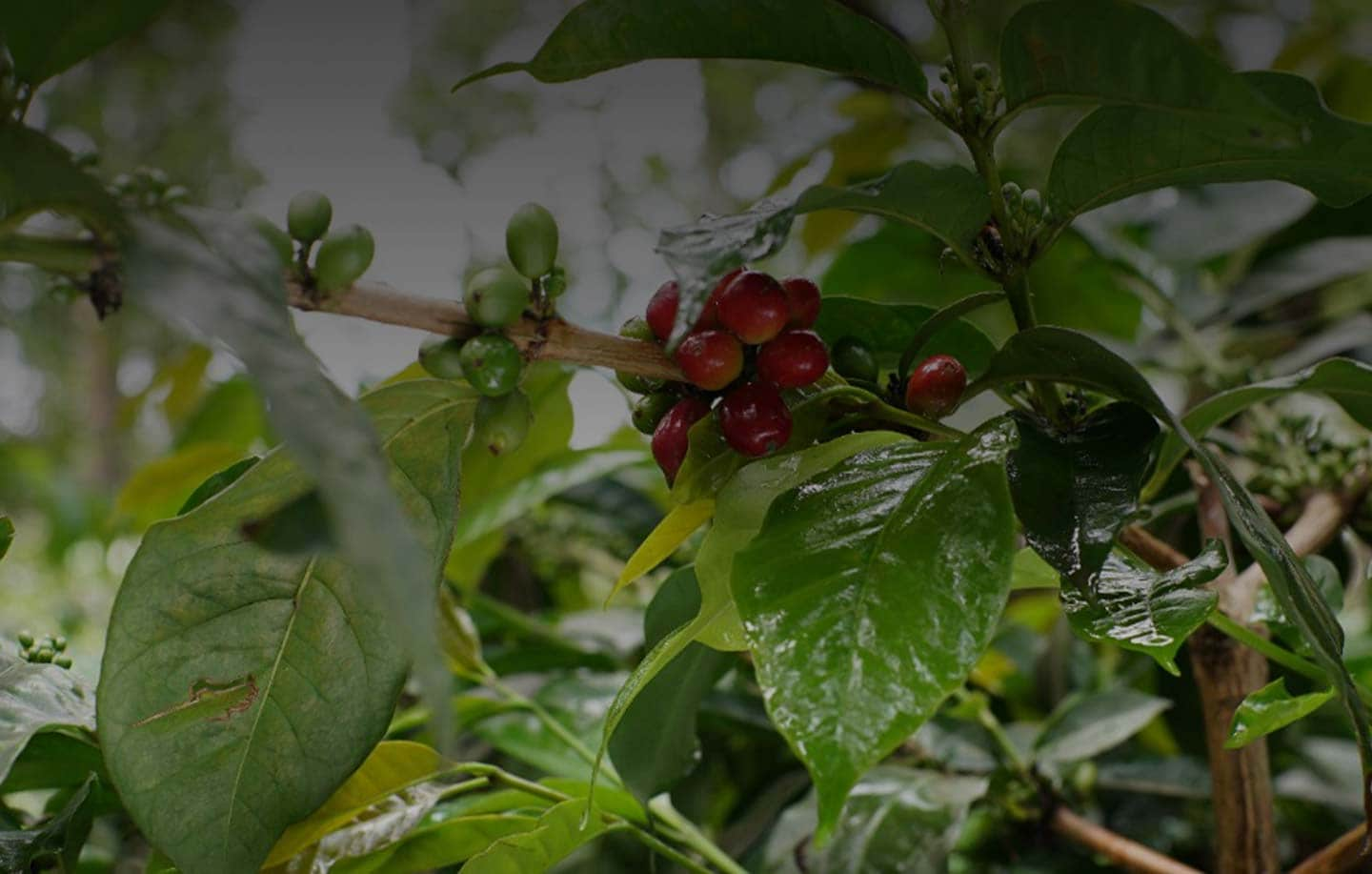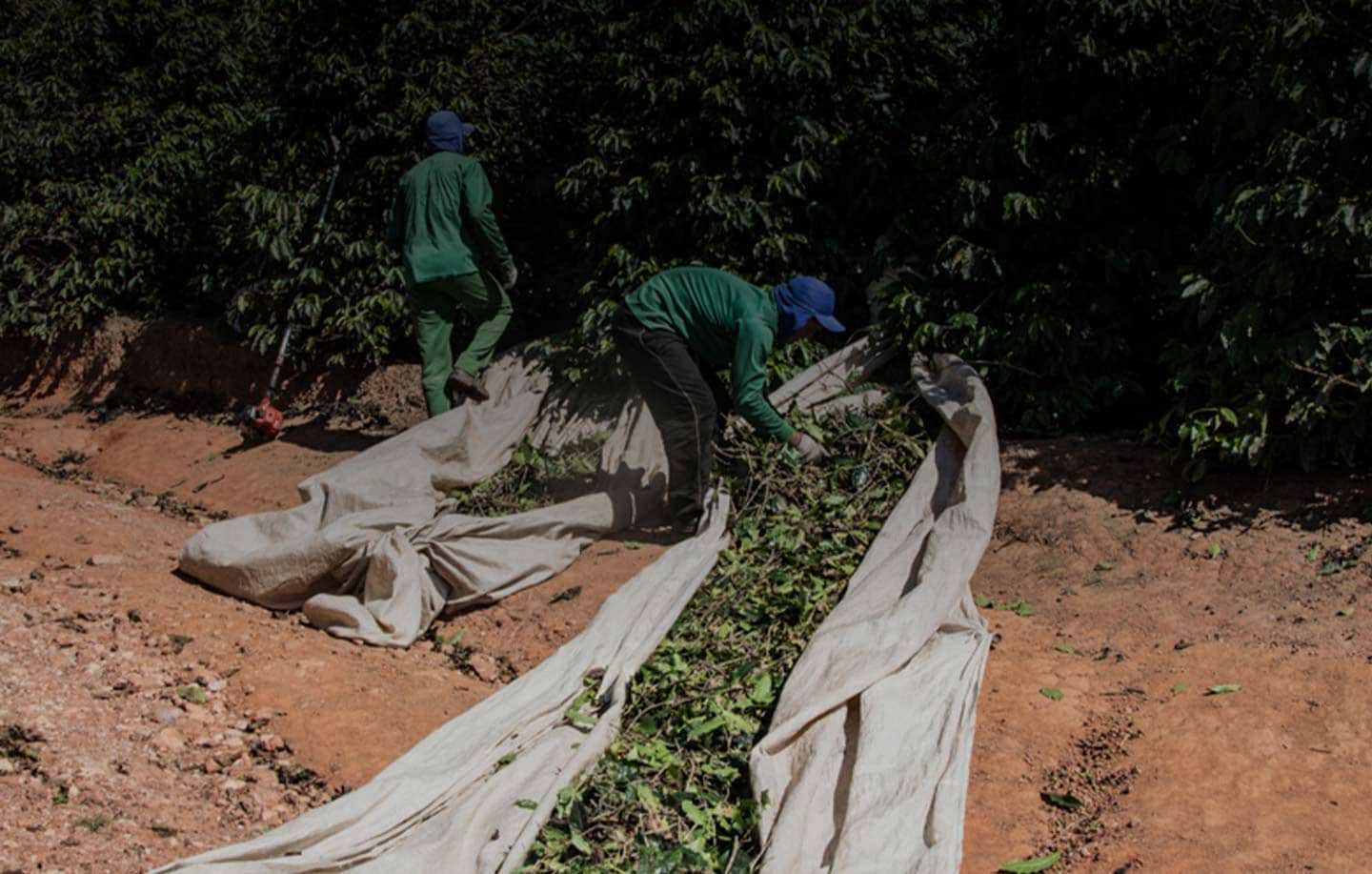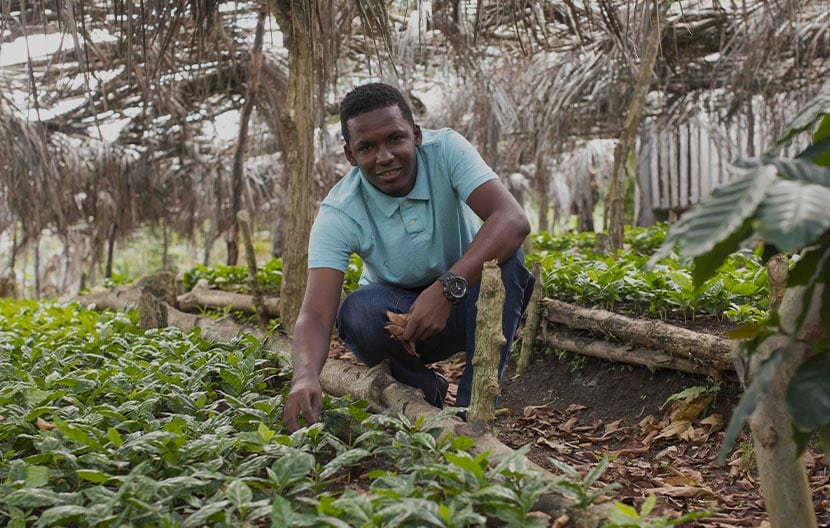*Lavazza is not affiliated with, endorsed or sponsored by Nespresso
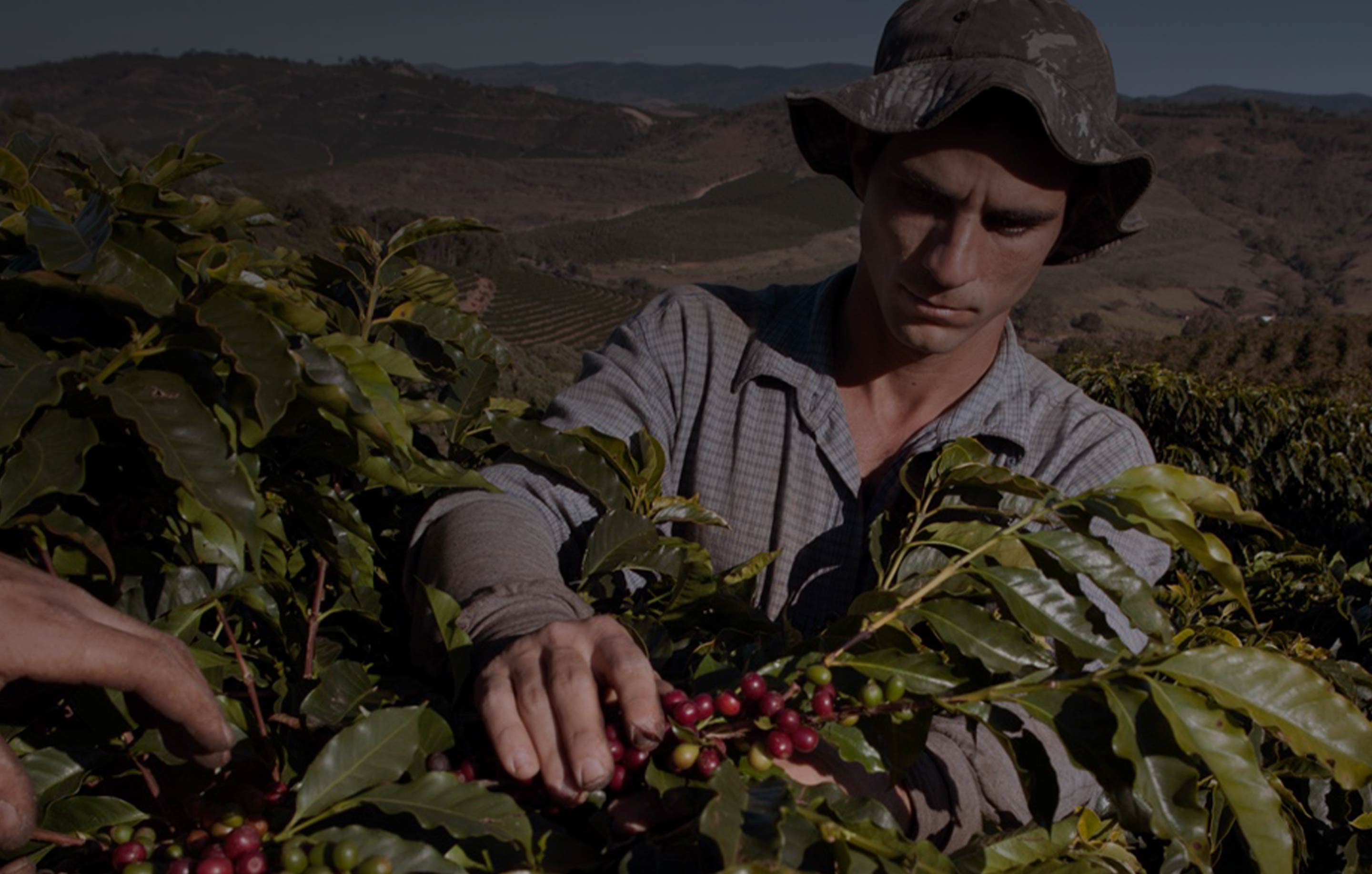
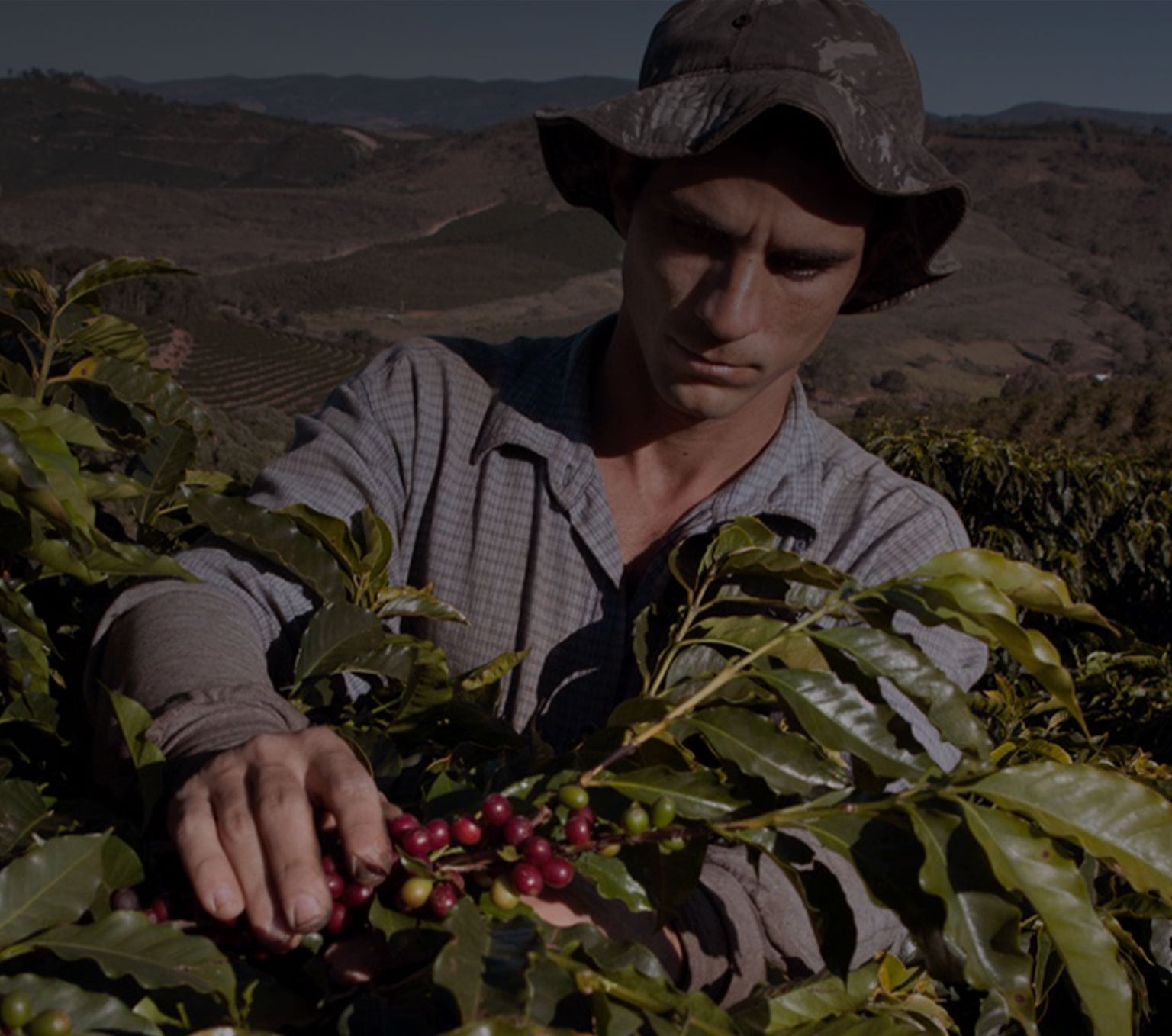
The Life of a Coffee Farmer Today
Coffee consumption worldwide has reached over 400 billion cups per year. It is a massive number, and it’s thanks to all stakeholders involved in the coffee supply chain, starting from the fundamental role of coffee farmers, that we are able to fulfil that demand. But how does a coffee farmer mitigate the impact of climate change on field? What is the role of coffee communities on field?
The communities in the coffee-growing countries and the role of female coffee farmers
Since 2004, the Foundation has been actively promoting and financing a diverse range of sustainable initiatives aimed at enhancing economic, social, and environmental sustainability. These initiatives focus on implementing community care projects in coffee-producing countries, and are made possible through partnerships with NGOs, international agencies, public and private entities, roasters and traders that operate within these countries and work closely with coffee-growing communities.
It should be considered that the coffee industry is made up of women and men who contribute every day to its prosperity, although there are considerable inequalities to be bridged: 70 percent of the coffee grown in the world is harvested by women, but only 20 percent of coffee-growing land is owned by women, and their decision-making role at the economic-financial level is still insignificant.
That is why the promotion of women's rights is at the heart of the projects developed by the Lavazza Foundation; committed to the empowerment of women through cross-cutting objectives, from the promotion of sustainable agricultural practices to the fight against climate change, with a focus on vocational and entrepreneurial training projects, as well as educational paths aimed at acquiring the self-confidence that is often the first important step towards independence.
A story of courage, strength and empowerment began in 2016 in a village nestled in the green mountains of Guatemala, in San Lucas Chiacal San Cristóbal Verapaz, where the Maya Poq'omchi ethnic women-only indigenous community resides.
The Foundation collaborated with the local NGO Verdad y Vida to revive family-owned coffee-growing businesses led by a group of resourceful women. Today, 180 women have made remarkable progress in coffee production and marketing, resulting in a positive impact on their own lives and the wider community of over 1,000 people.
Women’s farmers changing the world of coffee: Elvira’s story
The promotion of gender equality and empowerment of women is a key objective of various initiatives in vulnerable nations like Guatemala. In this country, female coffee farmers work tirelessly with determination to enhance the standard of living for their families and communities, while also inspiring change for future generations of women.
Elvira Mó Salam, a 40-year-old woman, aspires to establish a coffee plantation amidst the pristine forests of Guatemala. She resides in San Lucas Chiacal, a village located in the Verapaz region, which is home to the indigenous Mayan Poq’omchi[GC1] community. The community primarily comprises women due to the devastating effects of a 30-year-long civil war that has ravaged the area and caused widespread poverty.
Since her first harvest, Elvira has produced approximately 30 kilograms of premium quality coffee beans. Alongside sustainable farming practices, she has started keeping records of her harvests and sales to effectively plan for future crops. This entrepreneurial approach was honed through her participation in the “Coffee to be Reborn” project.
Coffee Communities Around the World
The pressure of combating climate change effects shouldn't only fall on the shoulders of farmers. That’s why many industry players, such as vendors, distributors, and other parts of the supply chain are now supporting farmers by promoting sustainable practices.
At Lavazza, we are committed to improving the environmental and social impact of coffee. Our Coffee&Climate project is dedicated to protecting cultivation by finding solutions that help producers preserve their plantations and produce high-quality crops. We constantly develop sustainability programs to enhance the social impact of coffee and educate coffee producers on how to protect the environment while also understanding the economics of coffee production.
Through our Foundation we have launched several projects to promote sustainable agricultural practices. Our ¡Tierra! Project, set up in 2002, started by reaching out to small farming communities in Colombia, Peru, and Honduras. Now, the commitment of Lavazza Foundation has reached a further 19 countries, involving more than 180.000 coffee farmers and their families.
The ¡Tierra! Project helps to increase the availability of high-quality, washed Arabica blend products from 100% NGO Rainforest Alliance certified sustainable agriculture. The impact of the project has been felt deeply in Meta, Colombia. We found that coffee production in the area had been abandoned for years due to internal armed conflict. Through the project, over 900 farming families have restored their plantations using sustainable techniques.
This project ultimately led to the creation of two product lines:
- Lavazza La Reserva de ¡Tierra!, a range of premium blends dedicated to professional baristas. Each blend includes coffee that brings with it the values that Lavazza embraces and implements in its projects.
For this reason, La Reserva de ¡Tierra! is synonym with “sustainable excellence”: a superior coffee, produced with thoroughly selected raw materials that are obtained from organic or Rainforest Alliance certified farms. - Lavazza ¡Tierra! Bio-Organic, a range offering three blends dedicated to the different Foundation’s projects.
Lavazza Group is also committed to support local communities thanks to its training programme, A Cup of Learning, dedicated to young people searching for job opportunities in the world of coffee.
Since 2017, the year in which A Cup of Learning was born, more than 300 people have benefited from the program, acquiring the necessary skills to enter the working world in many countries, including Italy, the Dominican Republic, India, Albania, Haiti, Brazil, Cuba, Peru, Ecuador, Uganda, United Kingdom and Australia.
